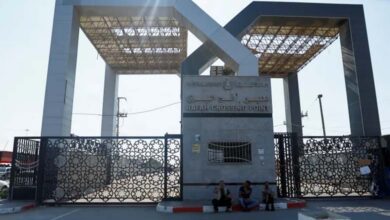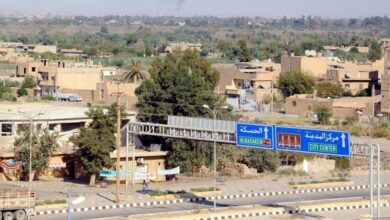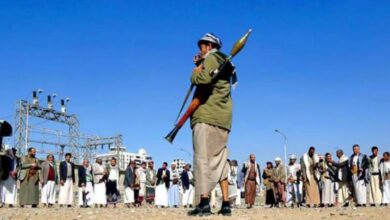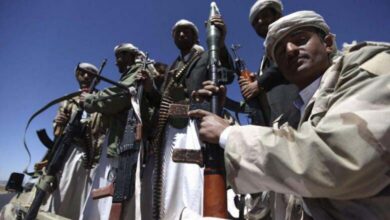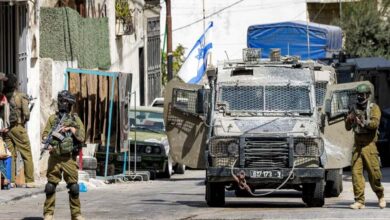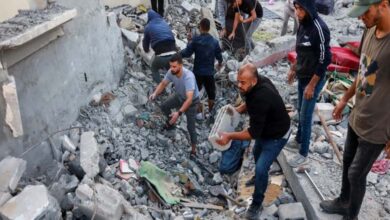Political Game: Major UN Warnings against Halting the Flow of Humanitarian Aid to Syria
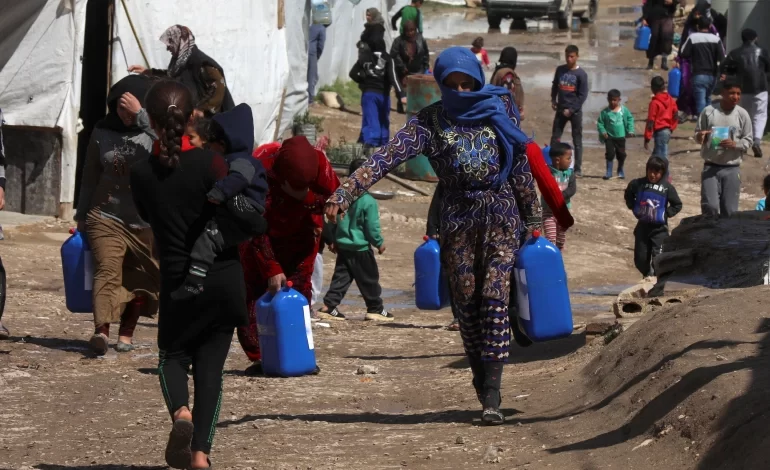
On Monday, the UN decided to provide cross-border aid to Syria, and so far, it seems Russia will not veto the resolution, as displaced Syrians hope they will not be used as diplomatic pawns again.
The Only Choice for Life
The German network Deutsche Welle confirmed that the UN resolution is in general a roadmap for a political transition towards peace in Syria. Said Moufid Al Yaser, a displaced Syrian, “This is our only option for survival. The whole world has abandoned us. We do not want to increase our suffering by starving us.”
There are just over 4 million people in northwest Syria, many of them like Al Yaser displaced by the country’s long civil war, and some 1.7 million people live in camps for displaced people in this region. Many are dependent on UN-facilitated international aid, most of which is classified as “cross-border aid” – that is, it reaches this part of Syria across the international border with Turkey, much less “cross-line assistance,” meaning it crosses conflict lines, moving from Syrian government-controlled areas to areas controlled by its adversaries.
Disaster Warnings
The list of UN-appointed human rights experts warned of dire consequences if the resolution is not renewed, saying in a statement that “the already desperate humanitarian situation in northwest Syria will worsen further.” Earlier this month, the Reuters news agency reported that Russia had already informally agreed not to veto the renewal next week. Analysts noted that Russia’s increasingly friendly relationship with Turkey could be the reason for this, with Turkey supporting cross-border aid and wanting to avoid a large number of Syrian refugees at its border, should the situation in Idlib deteriorate.
“The fact that Russia appears to have accepted the latest renewal for approval shows that the Security Council option is still viable at the moment, although we should not be satisfied with this,” said Richard Joan, who oversees advocacy for the International Crisis Group at UN headquarters in New York.
In an August report, Refugees International argued options such as alternative funding pools independent of the UN, working more directly with local aid organizations inside Syria, a long-term approach to projects that strengthen infrastructure and education, and UN restrictions on working only on the Turkish side of the border, saying cross-line aid delivered through Damascus would not be able to replace UN aid across the border, the German Network added. In all of 2022, there were only cross-line aid convoys – most of which consisted of about 10 delivery trucks – who said the UN, in return, had delivered an estimated 600 trucks of cross-border aid each month in the past year.


